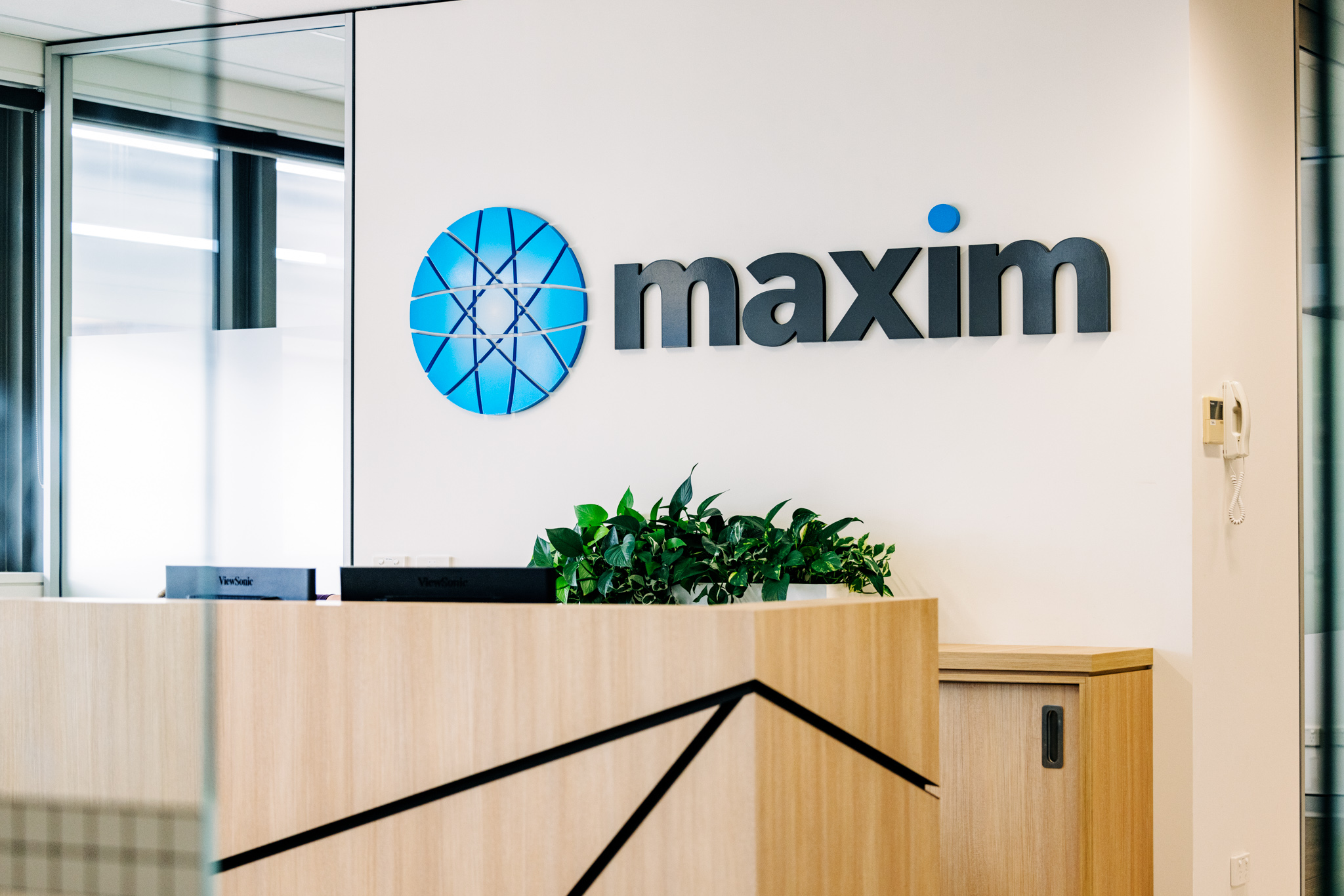What’s the difference between an accountant and a business advisor?
No, there isn’t a punchline to this. It’s a question we hear often, and it’s understandable as the distinction isn’t always clear.
Accountants and business advisors both talk business finances. They both want to see a healthy bottom line. But they’re actually distinct roles. Knowing the difference can help you decide who you need for your business and what you can expect when you engage them.
FYI: we’re both.

What is an accountant?
So, let’s start with accountants.
Accountants are primarily focused on the financial management of your business, including recording, reporting and compliance. That’s why you’ll often hear them being called ‘number-crunchers’ or ‘bean counters’.
They’re responsible for tasks such as preparing financial statements and tax returns and ensuring your business stays within the relevant accounting standards and regulations, including income tax and corporations laws.
On a day-to-day basis, you’ll find them maintaining accurate financial records, analysing financial data and providing insights to clients on their business’s financial health and performance.
Accountants also often provide services related to tax planning and minimising tax liabilities.
What is a business advisor?
Business advisors, by comparison, often perform the same financial services as an accountant but also take a bigger picture view of your business.
They offer strategic guidance to support your business beyond just financial matters.
Business advisors work closely with business owners and managers as a trusted partner to understand your goals (personal and business), challenges and opportunities and help you develop and implement strategies to achieve growth and success—in business and life. It’s an ongoing relationship.
Their role may involve analysing market trends, conducting feasibility studies, developing business plans, assessing risk, identifying opportunities for expansion or diversification and advising on operational improvements.
They provide guidance on all aspects of business management, including marketing, HR, technology adoption and strategic planning, engaging with relevant experts as needed.

Accountant vs business advisor qualifications
Accountants in Australia typically need a bachelor’s degree in accounting or a related field. Chartered accountants hold professional accreditation with organisations such as Chartered Accountants, Australia & New Zealand (CAANZ).
They may also hold licences from regulatory bodies, such as the Australian Securities and Investments Commission (ASIC) or the Tax Practitioners Board (TPB), enabling them to provide services such as tax advice and auditing.
Business advisors, on the other hand, come from diverse backgrounds, and their qualifications can vary widely depending on their area of expertise and the service they offer.
Many have a degree in accounting, business, finances or economics, as well as practical experience, gained through management consulting, being a business owner, or having proven expertise in a specific industry.
Some may also hold additional qualifications, such as an MBA (Master of Business Administration).
Who do you need for your business?
So that’s the difference between an accountant and a business advisor. One number crunches the other packs strategic punches!
Financial accountants focus on the figures and have specific accounting qualifications, while business advisors provide overall strategic guidance and typically have the same, as well as broader experience and expertise.
If you’re wondering which one you should be engaging, it really comes down to the specific needs of your business:
- Choose an accountant: If your primary concern is with managing your finances, ensuring compliance with tax laws and preparing accurate financial statements.
- Choose a business advisor: If you’re seeking guidance and tailored advice around strategic planning, growth opportunities, operational improvements and overall business health and development.
In most cases, you’ll benefit from having both an accountant and business advisor who work together to cover the finances and the business advice and strategy. We don’t meet many businesses that don’t want to improve and grow.
That’s why many businesses, like ours, offer both as an integrated service.
Integrated approach = success
By partnering with a chartered accountant who’s also a business advisor, you can access a broader range of services under one roof. This can lead to better coordination and synergy between each area.
You also get more comprehensive insights into your financial health and overall performance. This is because a qualified business advisor can better interpret financial data in the context of your broader business goals and has the business acumen to help you develop and execute strategic plans based on this.
Ultimately, this holistic approach provides you with a comprehensive offering and expert advice that will help you maximise success and get to where you want to be.
If your business could benefit from the financial smarts of an accountant combined with the strategic, customised advice of an advisor, get in touch with our team at Maxim today.









